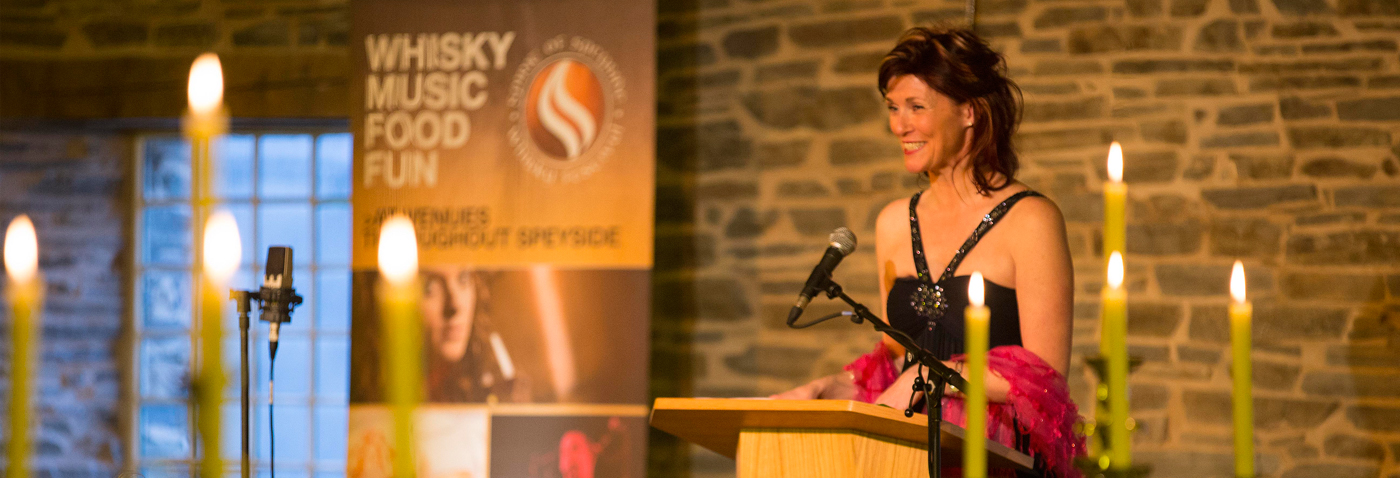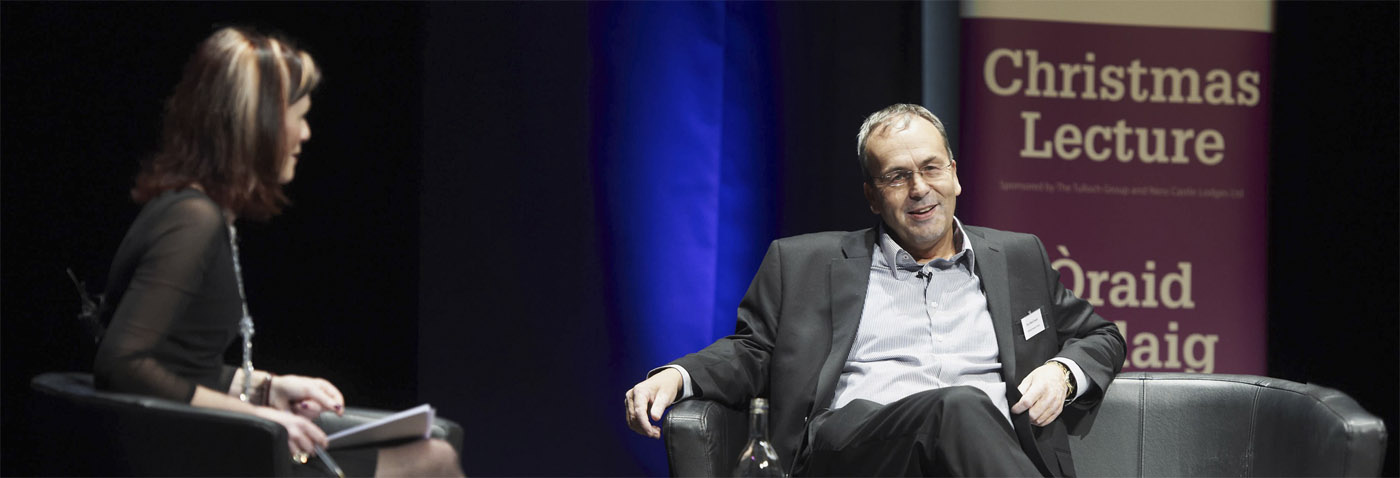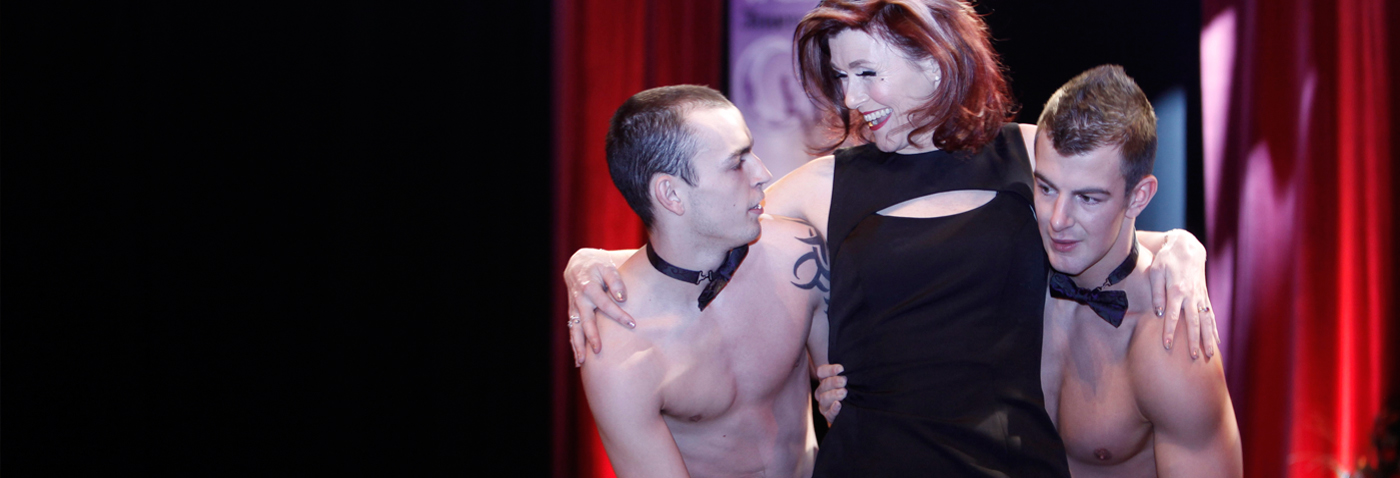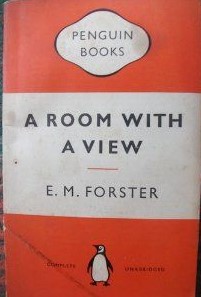 For years, if asked (and admittedly, I wasn’t asked very often) the quote by which I tried to live my life was ‘Mistrust all enterprises that require new clothes’. I came across it in EM Forster’s 1908 novel ‘A Room with a View’ when I was a student and it struck a chord.
For years, if asked (and admittedly, I wasn’t asked very often) the quote by which I tried to live my life was ‘Mistrust all enterprises that require new clothes’. I came across it in EM Forster’s 1908 novel ‘A Room with a View’ when I was a student and it struck a chord.
Skint and permanently dressed in jeans, Doc Martens and an outsized second-hand denim jacket (handy for layering jumpers), the quote matched my lifestyle. Apart from the jeans and casual clothes I only owned my gym kit, a ski jacket, and a black velvet ball gown that I had stacked supermarket shelves for a whole term to earn the money to buy. At that stage of my life I simply couldn’t conceive of being invited anywhere that would require me to wear anything else.
A uniform for work
Of course, that was before I started working. My first law firm imposed a very strict dress code for female employees… there was an absolute ban on trousers, and we could wear nothing in black or navy apart from our shoes, which had to be stiletto heels. The second firm was less strict, so I revived my Doc Martens, pairing them with my own uniform of brightly-coloured woollen mini-skirts and jackets, and black polo-necked jumpers.
By now we were saving for our first flat, so my clothes budget was still limited. Any ‘enterprises that required new clothes’ were usually friends’ weddings, so forgivable in terms of my mantra. In time we got married ourselves, and when our daughters came along, any new clothes that I bought were for them.
Which all begs the question; where did all my clothes come from? Clothes shopping is never a habit I got into, either with my Mum, sister or friends, and it’s still not how I choose to spend my free time – Mr Marr will back me up on this. But as if from nowhere I have wardrobes bulging with clothes… their origin is a bit of a mystery.
#SecondHandSeptember
It should be easy then for me to stick to Oxfam’s new initiative, #SecondHandSeptember, which aims to be a kick in the teeth to fast fashion and hopes to break our habit of automatically buying brand new. Saying ‘no to new’ is a great idea, and the scheme got a fantastic boost at Glastonbury, when many of the artists performing there this year donated some of the stage clothes they had been wearing.
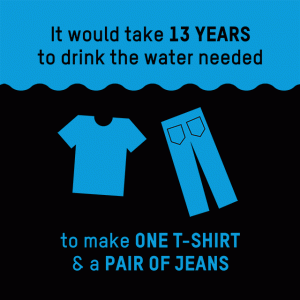 The idea is simple – it’s to try and help people and the planet by asking us to pledge to say no to new clothes for the 30 days of September. To put ‘fast fashion’ into context, Oxfam explains that every single week apparently 11 million items of clothing end up in landfill. Furthermore, it would take one individual 13 years to drink the water that is needed to make a single pair of jeans and a t-shirt. Based on these statistics, it’s clear that throwaway fashion is unsustainable, and is putting increasing pressure on our planet and its people.
The idea is simple – it’s to try and help people and the planet by asking us to pledge to say no to new clothes for the 30 days of September. To put ‘fast fashion’ into context, Oxfam explains that every single week apparently 11 million items of clothing end up in landfill. Furthermore, it would take one individual 13 years to drink the water that is needed to make a single pair of jeans and a t-shirt. Based on these statistics, it’s clear that throwaway fashion is unsustainable, and is putting increasing pressure on our planet and its people.
No new clothes in September doesn’t mean no new second-hand clothes, so buying from charity or pre-loved stores, or from eBay or other second-hand sites, is positively encouraged. And donating items that we no longer wear ourselves so that others can get the good of them also gets the thumbs up. I’m already a convert to second-hand; some of my favourite items – a Desigual coat, a glorious purple floor-length dress and a fabulous black and cerise wedding hat – came from charity shops. I can never resist a peek when I’m passing.
“It’s all our fault…”
 This is big news just now, and for good reason. It ties in with climate change activism, with anti-slavery campaigns and with a wider move to counter our acquisitive natures and make us more mindful of what we actually need, rather than what we want. And it’s not just restricted to newsreels and documentaries – anyone who watched Russell T Davies’ recent hard-hitting TV series ‘Years and Years’ will remember Gran’s passionate speech about the wider impact of £1 t-shirts and staff-free supermarket checkouts. I know that was ‘only’ drama, but the signs are on the wall; with one we are supporting a slave-trade economy and with the other we are depriving people – mainly women – of their jobs.
This is big news just now, and for good reason. It ties in with climate change activism, with anti-slavery campaigns and with a wider move to counter our acquisitive natures and make us more mindful of what we actually need, rather than what we want. And it’s not just restricted to newsreels and documentaries – anyone who watched Russell T Davies’ recent hard-hitting TV series ‘Years and Years’ will remember Gran’s passionate speech about the wider impact of £1 t-shirts and staff-free supermarket checkouts. I know that was ‘only’ drama, but the signs are on the wall; with one we are supporting a slave-trade economy and with the other we are depriving people – mainly women – of their jobs.
Sustainable fashion is – thankfully – growing. In Inverness, Maggie and Suzi’s boutique has long been selling pre-loved items, and the same Suzi has teamed up with Belladrum organisers to launch a new clothing line, Good InTentions, making clothes from discarded Belladrum tents. Highland Fairy has long being upcycling garments, too, with stunning results.
So, who’s with me? Who’s going to join me in my pledge to buy no brand new clothes for 30 days this September? I’m sure it’s not exactly what he had in mind, but EM Forster would be proud of us.

